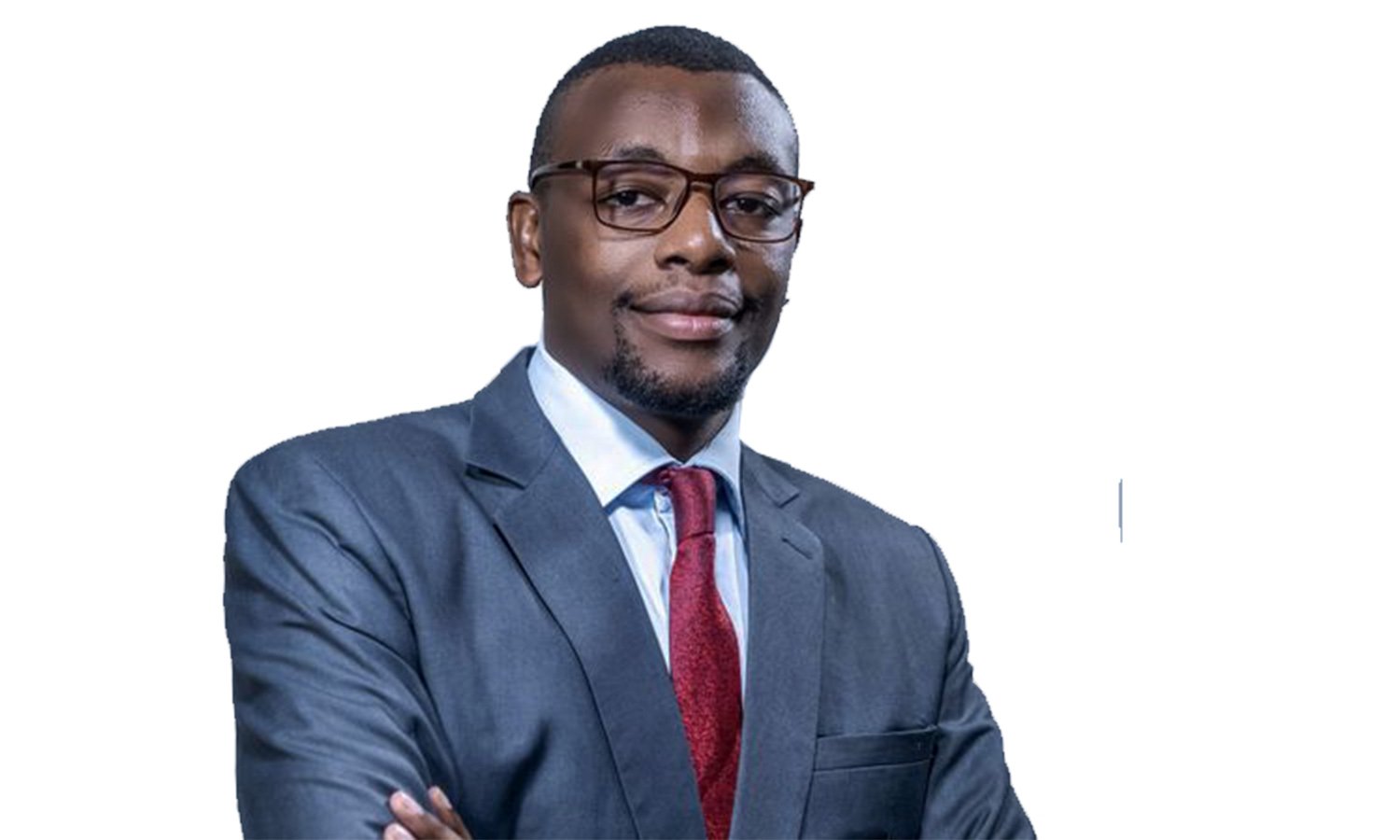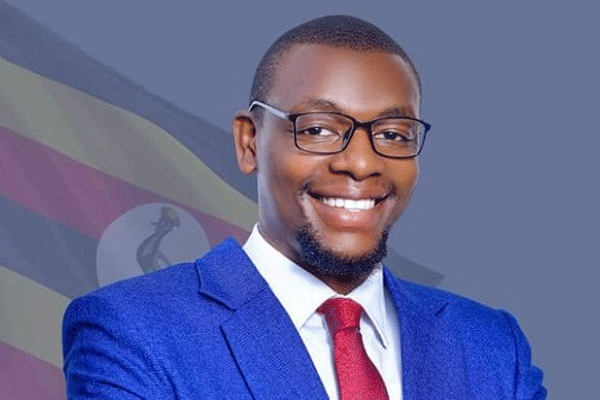Prime
Intimidation of media houses is tyranny

Mr Kakwenza Rukirabashaija
What you need to know:
- Freedom of expression is an essential part in the operation of the democratic political process and it is necessary for the self-realization of the individual.
One example of recent regrettable tyranny that does not need much introduction is the Chancellorship of Adolf Hitler in Germany.
He took control of every institution of government and all the decisions made were to favor his hunger for barbarism and public servants were forced to heap encomiums onto him to show patriotism.
The Germans had no choice but to kowtow from 1933-1945, and since then the majority suffer charaka phobia.
That was almost a century ago before the establishment of the UN Charter which has since been a precursor of other numerous binding international instruments to prevent such tyranny.
On Saturday last Week, the netizens were shocked at the decision of the Capital FM management to suspend Anne Nanfuka from their weekly Gang show.
This letter in the form of a public apology was a result of the Uganda Communication Commission (UCC) threatening to suspend the show if the management would not apologize publicly and also Nanfuka for her statements that she made, to wit; the president is corrupt and has engineered corruption in Uganda.
I have never heard a truest and easy to prove truth like that. I believe that the person who issued out such a threat has never taken time to read our laws on freedom of speech especially the landmark case of Charles Onyango Obbo and Andrew Mujuni Mwenda v Attorney General (Constitutional Appeal No. 2 of 2002) [2004] UGSC 81 (10 February 2004), wherein the court held that a limitation on the enjoyment of a constitutional right, on the ground of public interest, is valid only if it is “acceptable and demonstrably justifiable in a free and democratic society and that Uganda must apply the universal standard of democracy.
Appointing incompetent people in sensitive positions is the deputy parent of corruption. The parent of corruption is embezzlement, influence peddling, abuse of discretion, graft, favoritism, nepotism, clientelism, bribery and others which we have seen flourishing in our country.
They always say that good leaders are readers.
Do our leaders read materials that align with their area of work or do they only read Musevenology treatise, a caricature of Niccoló Machiavelli’s The Prince, which shamelessly argues that the ends—no matter how immoral—justify the means for preserving political authority.
You see, when you circumvent the principles of meritocracy and just handpick incompetent political rejects and appoint them in sensitive positions, such is the comeuppance.
We have also seen Dr. Kizza Besigye being pulled out of radio stations several times so that his political ideas are not imparted. Freedom of speech and that of press are both enshrined in the Constitution of the Republic of Uganda 1995 as amended (Article 29) and other international legal instruments(Universal Declaration of Human Rights, International Covenant on Civil and Political Rights, African Charter on Human and Peoples’ Rights and several others) which Uganda ratified and has subservience obligations.
As a scholar of international law, I will focus on the latter. Freedom of expression is an essential part in the operation of the democratic political process and it is necessary for the self-realization of the individual. Handyside v. UK (1976).
It is not restricted to verifiable, factual data and includes opinions, criticism and speculation. Therefore one cannot correctly say that freedom of expression extends only to true information.
Where one is expressing opinions and not stating facts, it is an interference for the laws or authorities to require him to prove their truth or restrict him.
The Court attaches the highest importance to the protection of political expression and generally requires the strongest reasons to justify impediments on the exercise of political speech.
In Lingens v. Austria (1986) 8 EHRR 407, a journalist who had published articles critical of the Austrian Chancellor accusing him of being an opportunist was convicted of a criminal offense of defamation but the European Court was unanimous in its view that the conviction violated Article 10 of European Convention on Human Rights.
In reaching its conclusion the Court considered the Chancellor’s position, the importance of press criticism of public figures for the working of a democratic system, and it found that the applicant’s rights had been abused.
Nanfuka’s statements made on Capital F.M fall within such protected political speech where public figures like Gen.Yoweri Museveni and others in government must tolerate without any hindrance.
Also, as a responsible citizen, she exercised her duties under Article 17(1)(i) of the Constitution(Duty to combat corruption and misuse) through calling out a person who appoints, recycles and dines with the corrupt. Mr. Museveni prides himself on plausible deniability and such has never been a defense of command responsibility.
Mr Kakwenza Rukira is an exiled Novelist, Master of Laws (LLM) Candidate Europa Universität.



